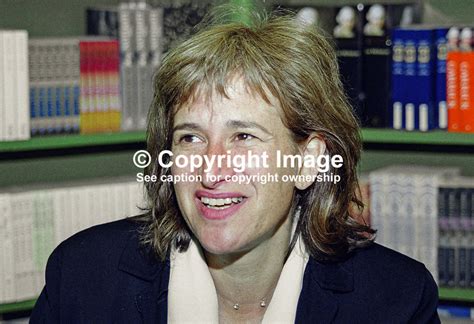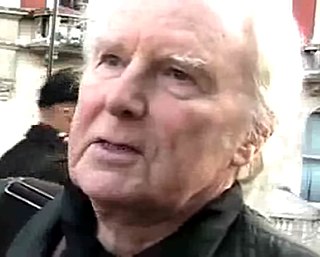A Quote by Anne Stevenson
I dislike literary jargon and never use it. Criticism has only one function and that is to help readers read and understand literature. It is not a science, it is an aid to art.
Related Quotes
I don't have a very high opinion, actually, of the world of criticism - or the practice of criticism. I think I admire art criticism, criticism of painting and sculpture, far more than I do that of say films and books, literary or film criticism. But I don't much like the practice. I think there are an awful lot of bad people in it.
What was needed was a literary theory which, while preserving the formalist bent of New Criticism, its dogged attention to literature as aesthetic object rather than social practice, would make something a good deal more systematic and 'scientific' out of all this. The answer arrived in 1957, in the shape of the Canadian Northrop Fryes mighty 'totalization' of all literary genres, Anatomy of Criticism .
I want my books to exist in the literary world, not only in the art world. I am interested in having a dialogue with other writers, and the readers of those writers. Someone who is reading a book of mine might not have visited my exhibitions related to it, but can still have a full, literary experience with that book. This would be a completely different experience from stepping into the show, not having read the book. One form is not illustrative of the other.
First one gets works of art, then criticism of them, then criticism of the criticism, and, finally, a book on The Literary Situation , a book which tells you all about writers, critics, publishing, paperbacked books, the tendencies of the (literary) time, what sells and how much, what writers wear and drink and want, what their wives wear and drink and want, and so on.
The 20th century saw far greater catastrophes than September 11th, as bad as it was, and they didn't render literature or art or music irrelevant. In fact, I think that literature and art help us to understand - sometimes they provide narratives and metaphors for understanding history, for understanding recent catastrophes.







































